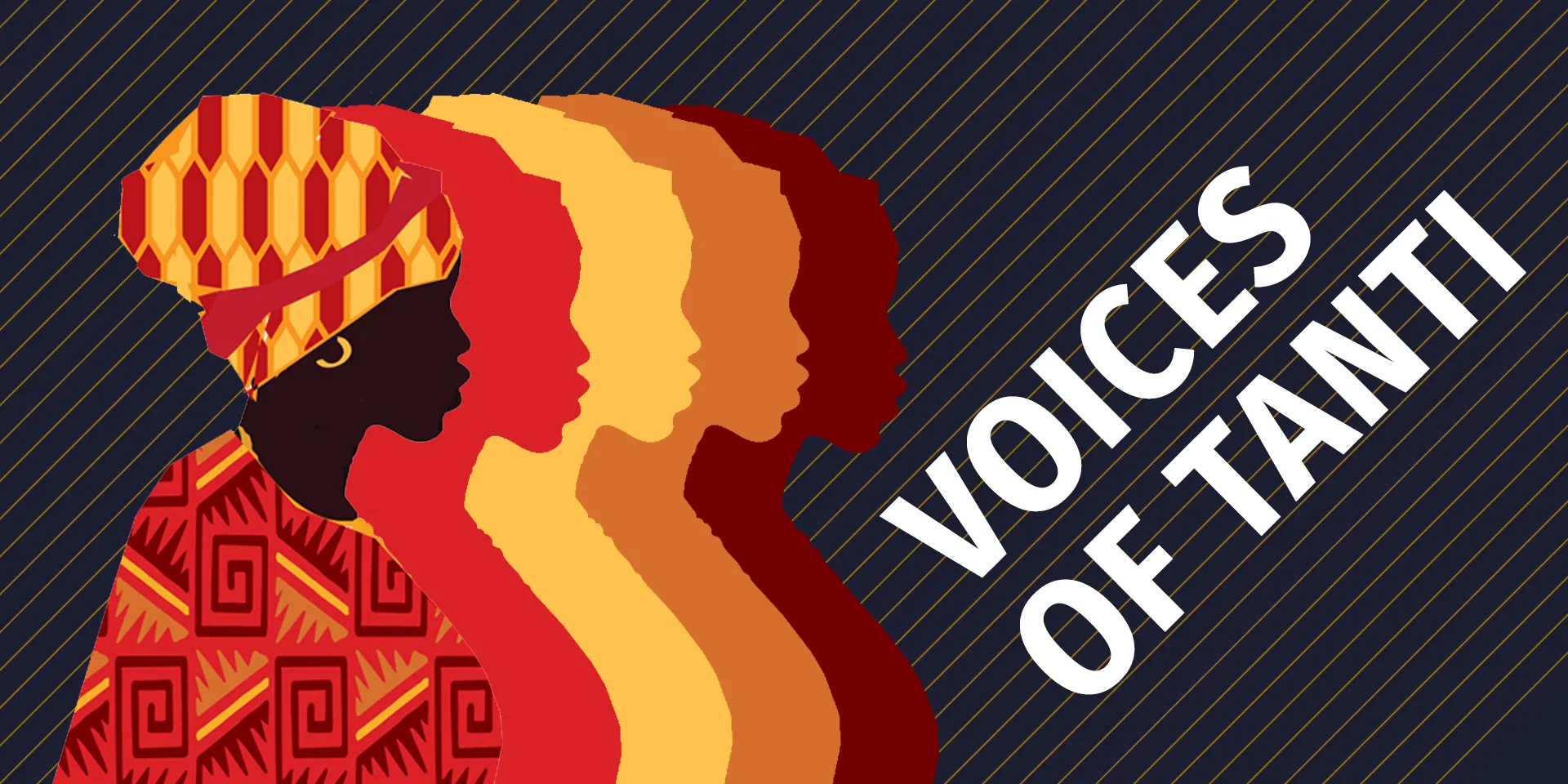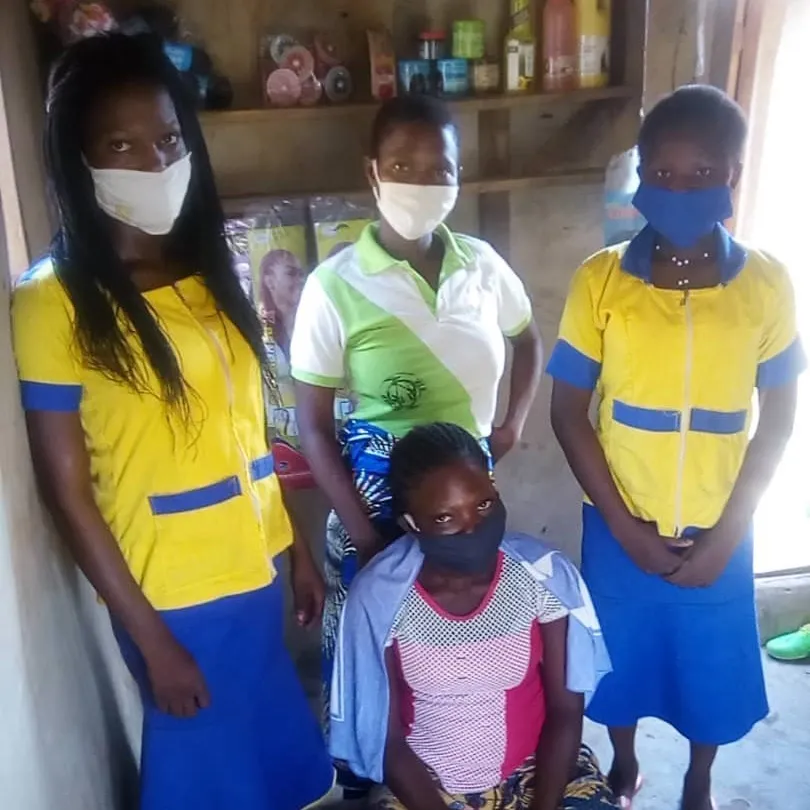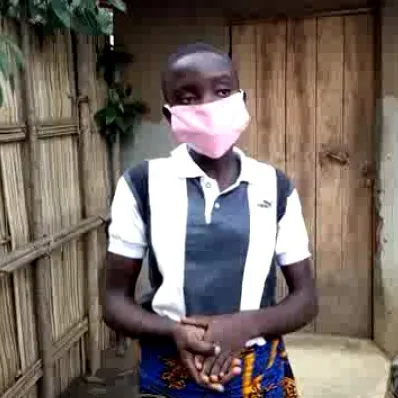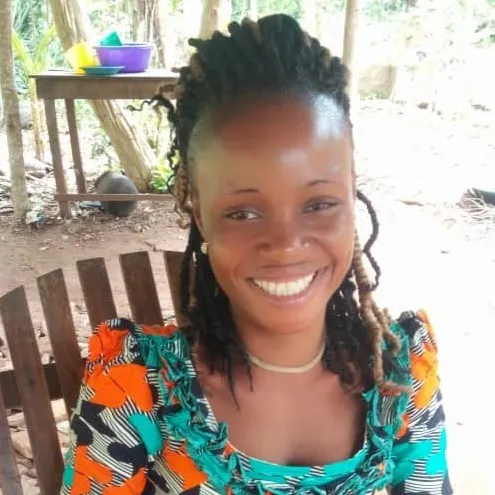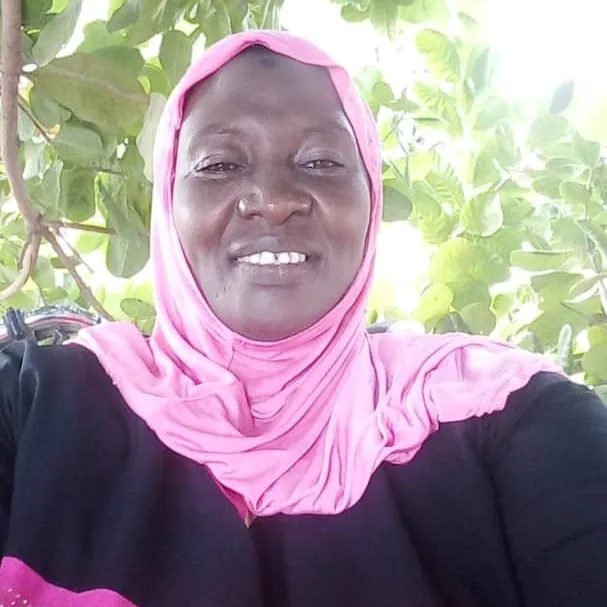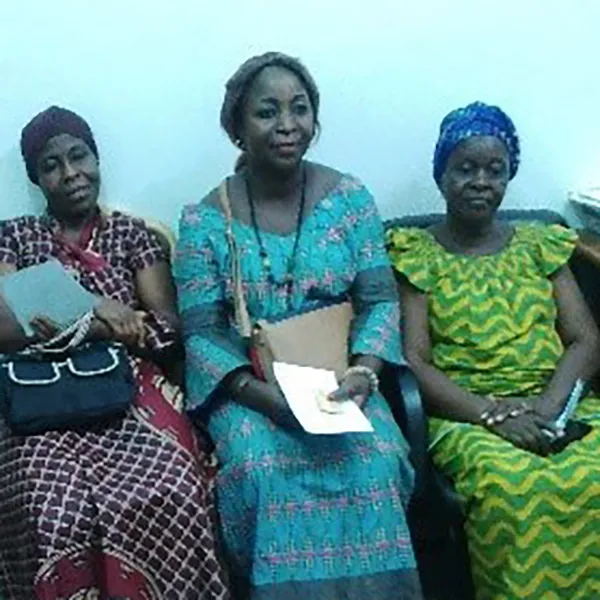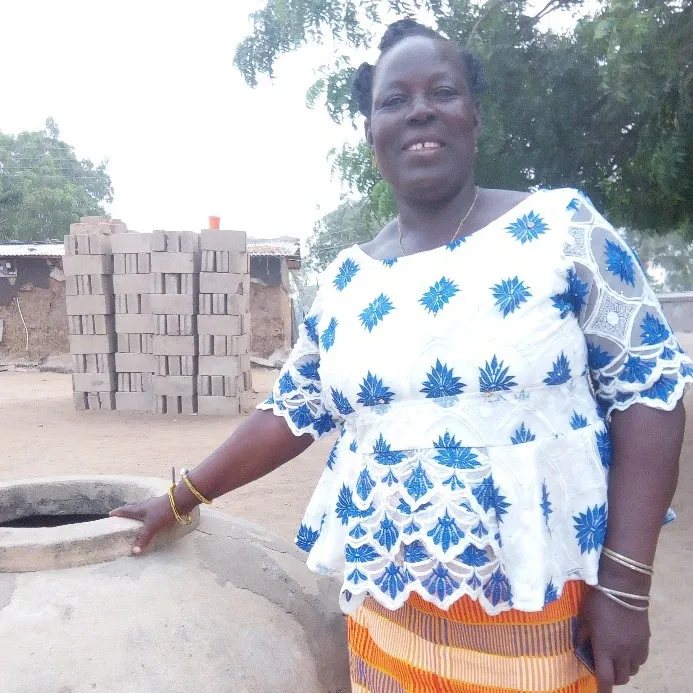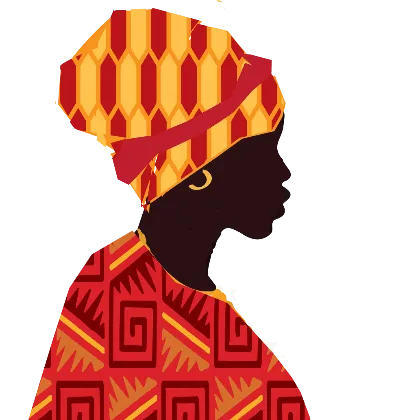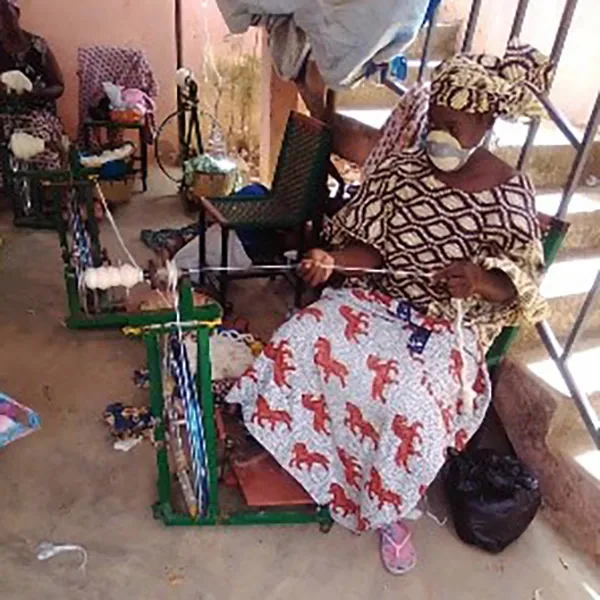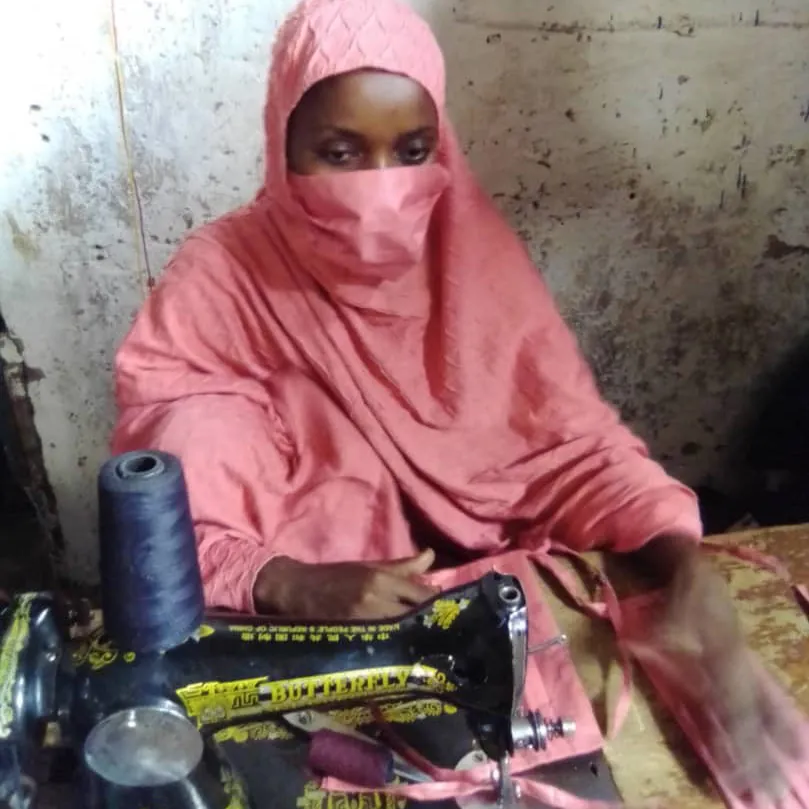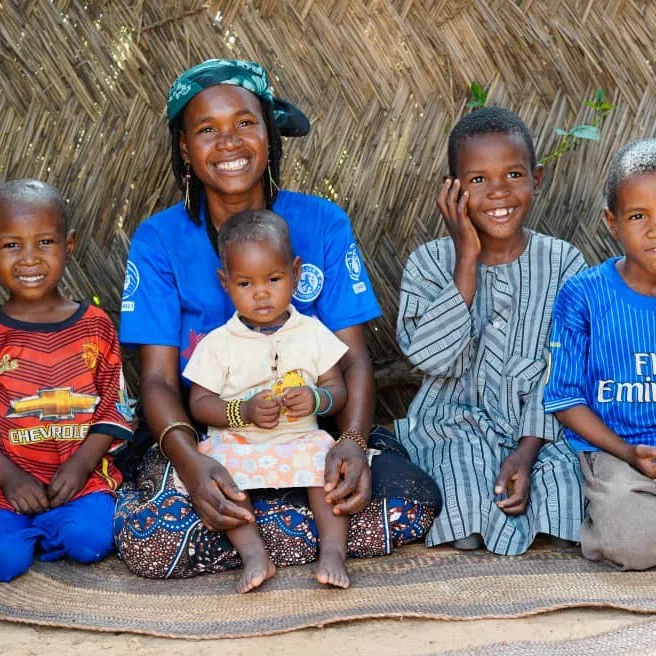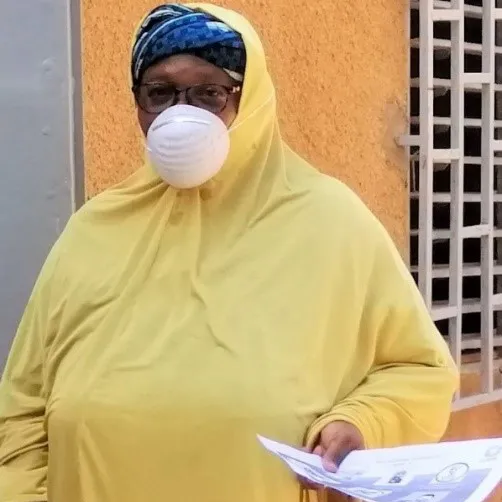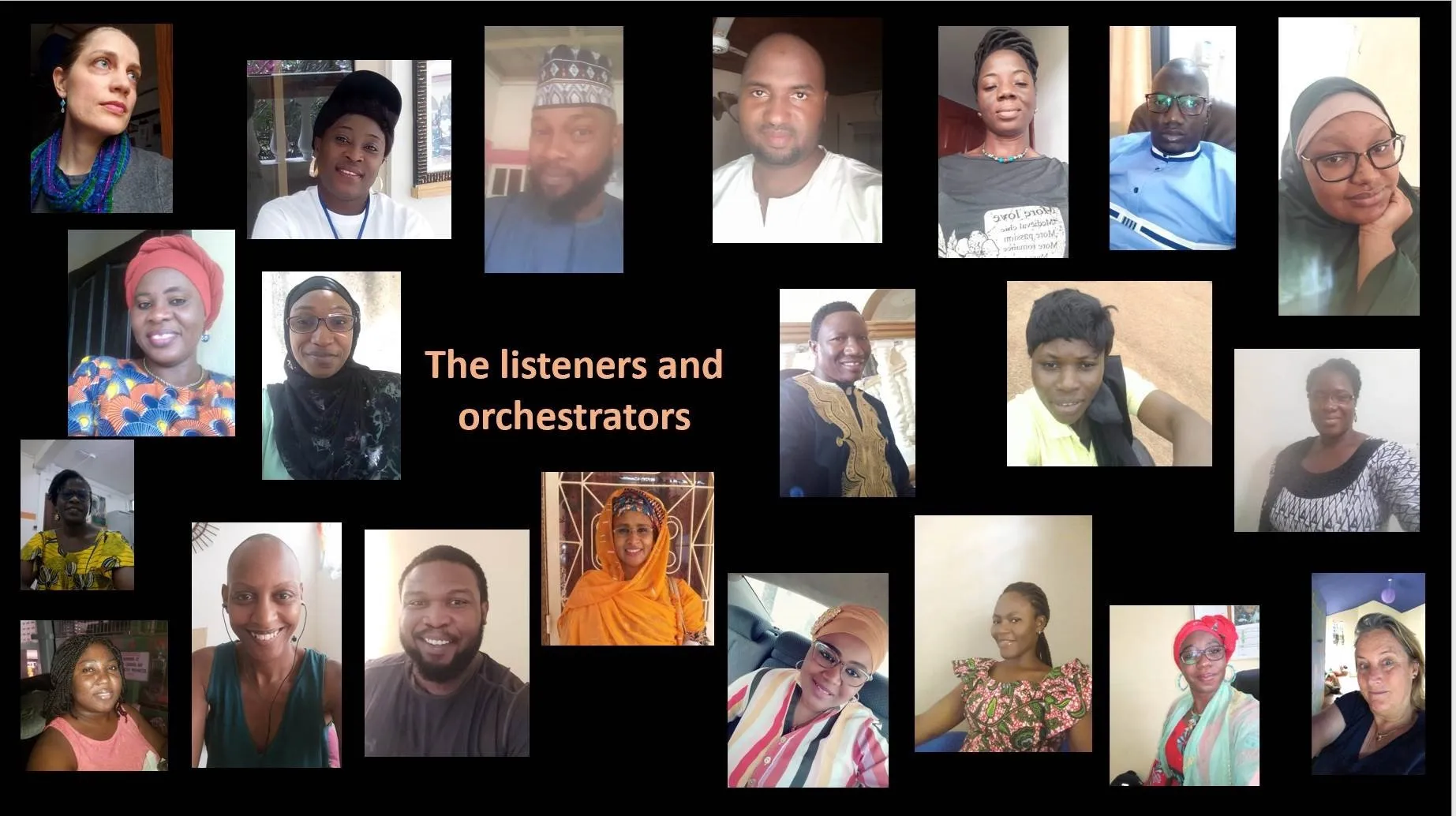Who is Tanti WA?
I am a West African woman. Although my sisters and I are dispersed across vast lands, speak several languages and have different governments and social structures, we have many things in common.
Historically and still today, we have faced high levels of inequality and injustice, from access to land, economic assets, education, political participation and health, just to name a few. Generations repeat, as our girls are taken away from schools at a very young age to be married, making them as vulnerable as we are. When disaster strikes, we are often the hardest hit. Our voices are not heard, and we have little or no influence over decisions that affect our lives. But our voices save lives and increase gender equality.
I am a woman who fights for her rights so that all women can be free. I fight to put food on the table, so my children can grow up without worries. I am the woman who is not afraid to speak up and fight for equal access to have my voice be heard. I am the woman who sits at the same table with decision-makers and tells them what should and needs to be done. Women’s equal voice, leadership and participation challenge and transform the root causes of poverty and injustice.
This pandemic has proven to us again that emergency response can reinforce gender inequality. Our lives have come to a stop under lockdown. We face more gender-based violence and food insecurity from not being able to go to the market. Our children can’t go to schools. We will be the last ones to be considered when it comes to making decisions. We constantly ask ourselves, will we come out of this alive?
Here are our voices.

